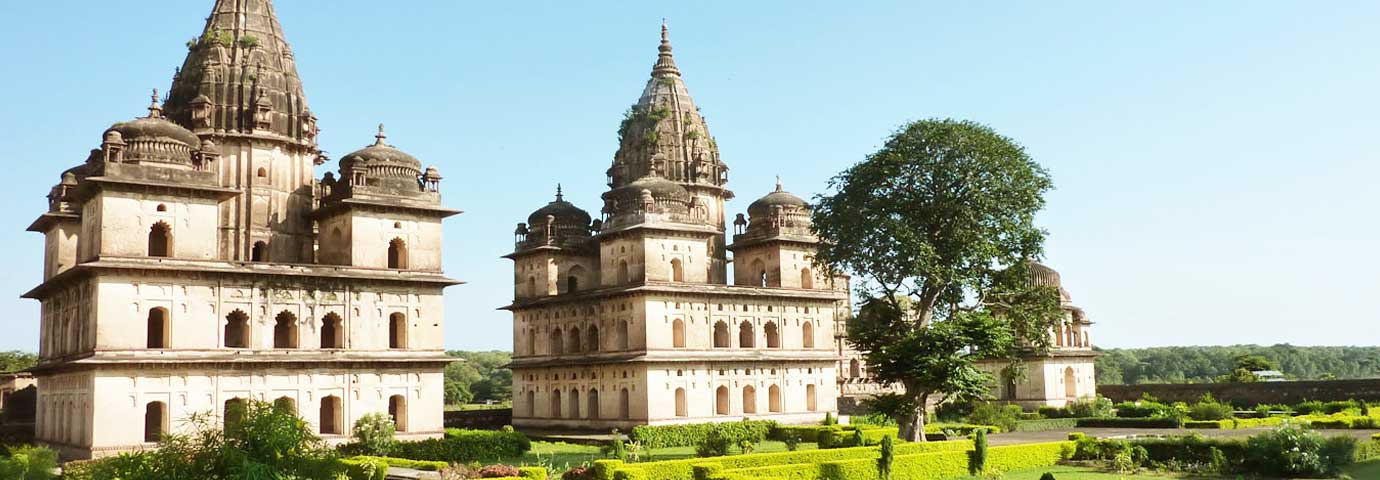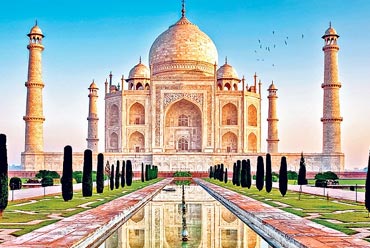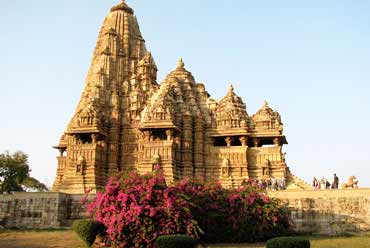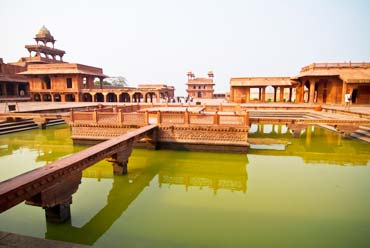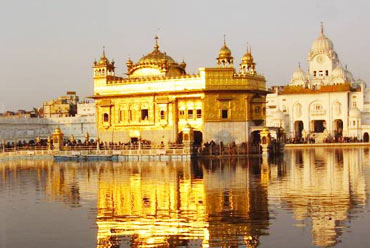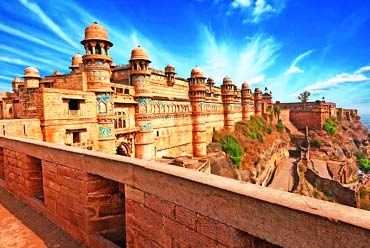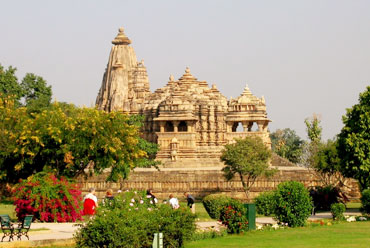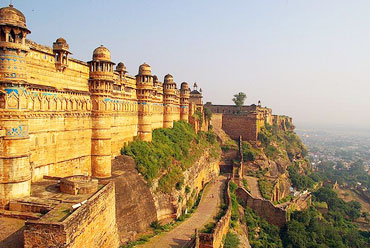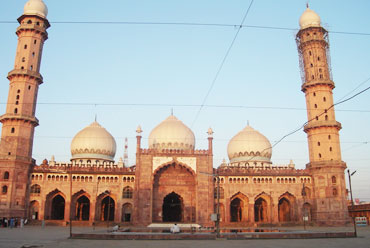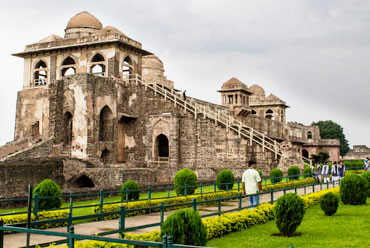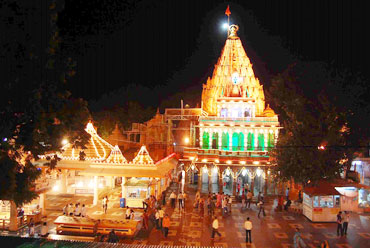Orchha is the erstwhile capital city of the Bundela rulers. Thus, the town is steeped in history, which is quite evident from its palaces and temples built in the 16th and 17th centuries. The architectural splendor of the monuments in Orchha reflects the glory of its rulers. The Betwa River, on whose banks Orchha lies, and the forests around it attract tourists to this place. If you are keen to know about Indian history and witness architectural marvels, book Orchha packages by Tourism of India. Give us a call and we’ll gladly customize the package as per your needs and interests.
Before that, here is essential information you must know about Orchha MP Tourism.
History of Orchha
The ha is linked with the local Bundela rulers. The Bundela dynasty was founded by one of the local Rajput princes in the 11th century who made Garkhurar the earlier capital. The Bundelas ruled the central part of India from Orchha, from 1531 to 1783. Later, Raja Rudra Pratap moved the capital of the Bundelas to Orchha in 1531. The association of the Bundelas with the Mughals created many problems for the Bundelas. Bir Singh Deo, the ruler of Orchha from 1605-27, got into serious trouble with the great Mughal Emperor Akbar in 1602, when he was associated with Prince Jahangir, the son of Emperor Akbar.
Mughal forces destroyed the state of the Bundelas. However, the situation changed in 1605, when Akbar died and Jahangir became the Mughal Emperor. In 1606, Emperor Jahangir visited Orchha and for the next 22 years until 1627, Bir Singh Deo had good relations with the Mughals.
In 1627, when Shahjahan became the Mughal Emperor, Bir Singh revolted against the Mughals. However, this revolt was put down by Aurangzeb, the then 13-year-old son of Shahjahan. Though the Mughals defeated the Bundelas, they revived their lost empire. In 1783, the Bundela rulers shifted their capital to Tikamgarh.

